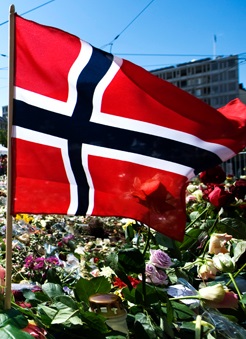CAIRO: Food prices in state-run shops, known as gamiyat estehlakia, increased just days before the start of Ramadan, despite government efforts to curb inflationary pressures and stabilize prices ahead of the consumer-heavy month.
The Holding Company for Food Industries reportedly informed its shops of the new prices earlier this week. A visit to several of these shops on Wednesday confirmed news of price hikes.
At the gamiyat, the cheapest brand of dates, a Ramadan fixture, costs LE 6 per kilogram, 400 gm of macaroni cost LE 17.5 and two liters of cooking oil sell at LE 22.5.
“Prices in these gamiyat are almost the same as supermarkets, said Suzanne, an employee at the agriculture ministry. She said that the prices of basic food products like rice and cooking oil are even slightly higher than in supermarkets.
The state-run shops are meant to sell food products at lower prices than what’s available in the market.
The Ministries of Agriculture and Trade and Industry met a month ago with food producers and exporters in an effort to curb food prices in preparation for Ramadan, which is set to begin Sept. 1.
Talks reportedly centered on controlling prices of dairy products, poultry, meat and rice, however, Salwa, another government employee, complained from the high prices of these very products.
“The prices of chicken have increased by LE 5 since last week, so has the meat, while fish products increased by about LE 3. Cheese increased by LE 6 to reach LE 20, Salwa said.
“We won’t be able to invite our families over for an iftar feast as we used to, it will be too expensive, she added.
“The trivial raises in our salaries are not enough for us to cope with the new prices, she added.
The pre-Ramadan inflation is a reminder of last year’s prices which, according to the government statistics bureau, rose 48 percent in comparison to the year before.
During this time last year, Al-Ahram newspaper reported that consumers were shocked by spikes in prices for bread, cooking oil, macaroni, tea, milk, cheese, sugar, butter, soft drinks, eggs, vegetables, meat, fruits and chicken.
For the majority of the population who live on less than $2 a day, the situation gets worse every year, taking a heavy toll on low income families who struggle to make ends meat during the month of Ramadan.

